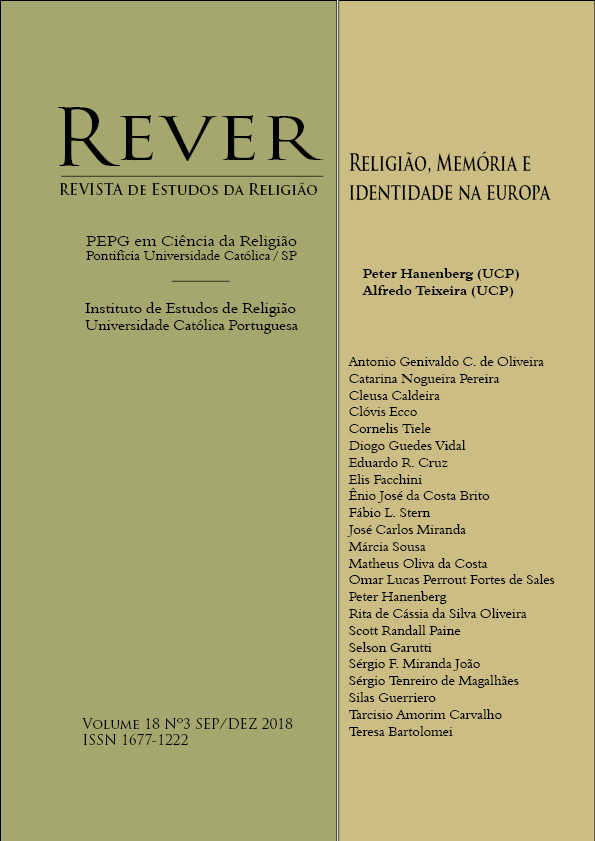Communities: Living Memory of Democracy
DOI:
https://doi.org/10.23925/1677-1222.2018vol18i3a2Keywords:
, Community, Memory, Democracy, Values, Religion, Pluralism, Inclusion, AntigoneAbstract
Democracy does not keep up and is not regenerated without a widely shared public ethos that gives life to rules and institutions in the body of political culture, social cohesion and personal and collective responsibility. The public ethos does not keep up and is not regenerated outside cultural, religious and axiological traditions in which symbolic and identity codes are transmitted and effectively reproduced at individual and collective level. Traditions do not keep up and regenerate themselves in terms of individual processing alone, necessitating communities of practice - epistemic, of values, of belief - to settle socially. The tension between axiological and cultural pluralism of which communities are carriers and convergence into a common ethos, necessary for democracy, is discussed in this paper in the light of the universalizing force of the principle of inclusion as a criterion for legitimizing community belonging, which normatively filters inherent axiological criteria of traditions, incompatible with the social function of inclusion. The principle of inclusion, as a community expression of the founding notion of human dignity that complements its formulation at individual level, introduces a basic additional category of articulating the difference and the necessary interaction between the criteria of legitimacy defined by the political community (the laws) and the criteria of legitimacy defined by religious, epistemic, and axiological communities of practice. In Sophocles’ play Antigone one finds a testimony as old as topical of the necessary mutual recognition between these two orders of legitimacy, whose opposition leads to the tragedy of ethical public disorder and to the crisis of democracy.
Downloads
Published
How to Cite
Issue
Section
License
Authors who publish in this journal agree with the following terms:- Authors retain copyright, but grant the journal the right of first publication, with the work simultaneously licensed under the Creative Commons BY-NC License.
- Authors are authorized to assume additional contracts separately, for non-exclusive distribution of the work published in this journal (e.g., publishing in an institutional repository or as a book chapter), as long as with acknowledgment of authorship and first publication in this journal.


